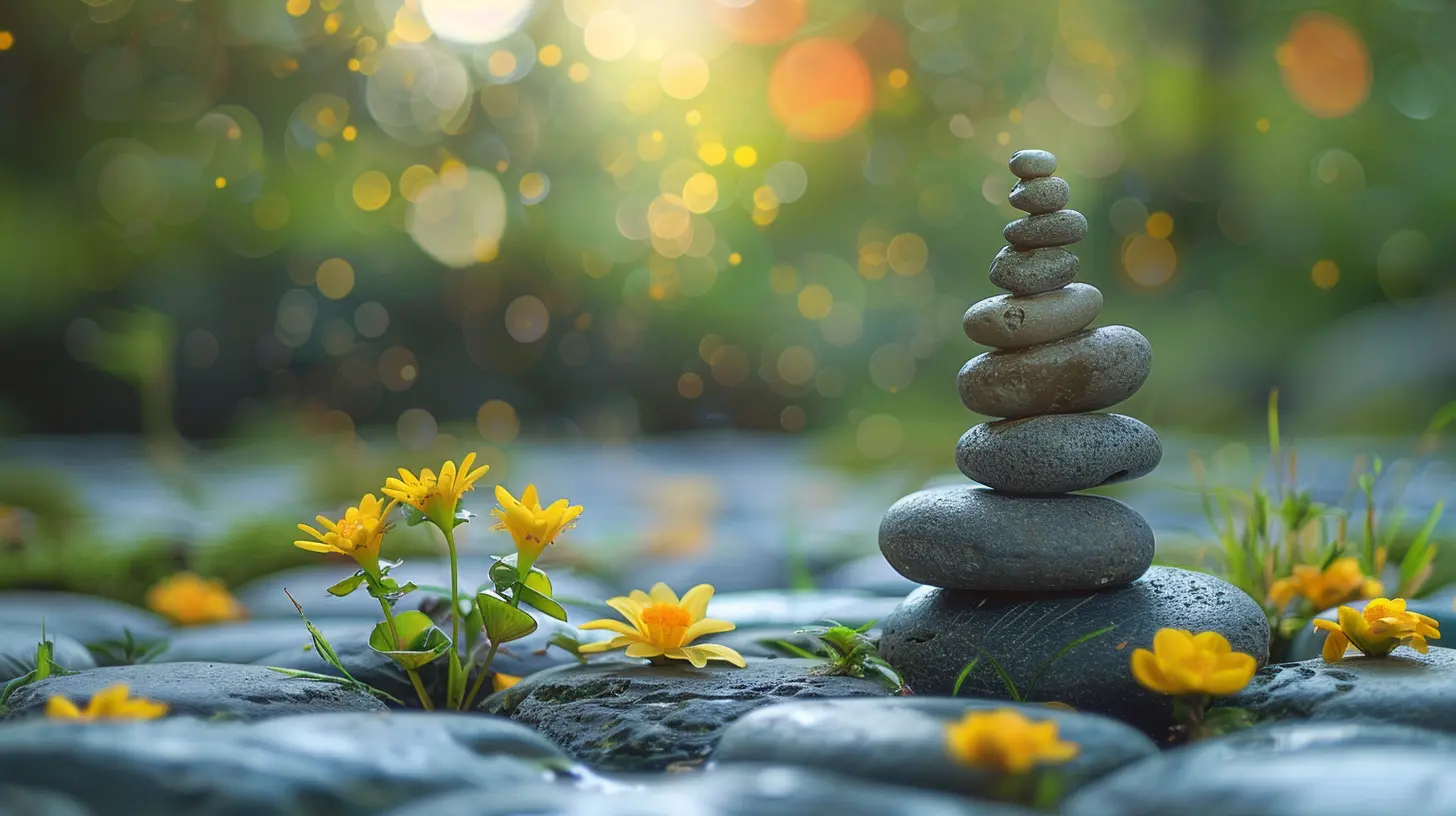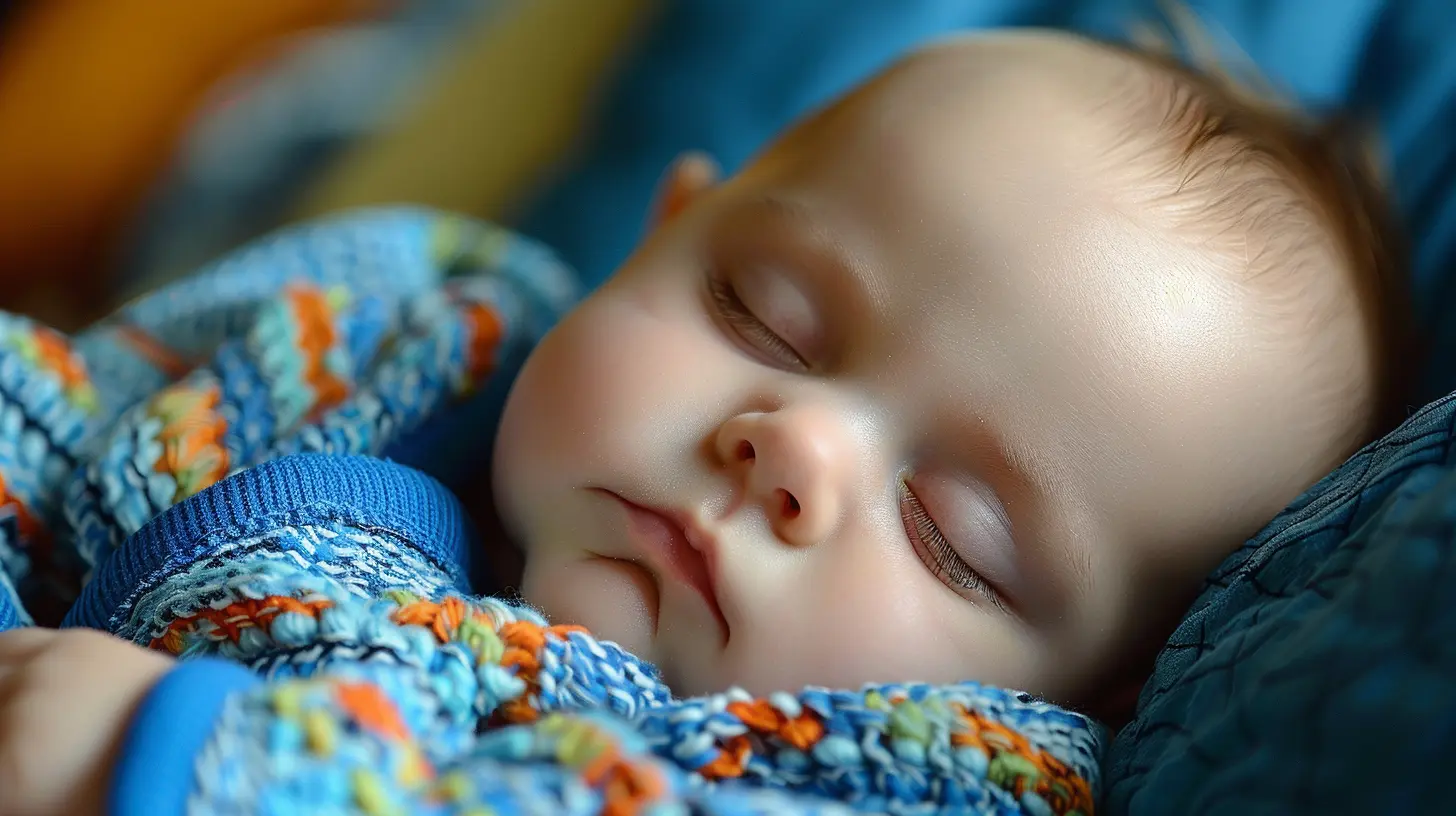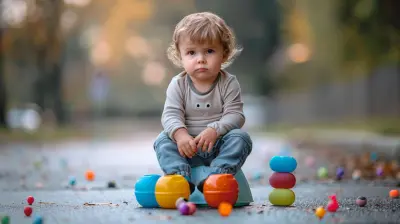Practicing Self-Care as an Attachment Parent: Recharging Without Guilt
11 June 2025
Let’s be honest — parenting is no walk in the park. And when you’re an attachment parent, it can feel like you’re always on. You’re the steady rock, the safe harbor, the ever-present nurturer. You respond to every cry, every need, every emotional hiccup. And that’s beautiful... but it’s also absolutely exhausting.
So, where does self-care fit into all this? Is it even allowed when your whole philosophy centers on putting your child's emotional needs front and center?
Here’s the truth (and it might sting a little): If you don't take care of yourself, you will burn out. Period. And no one benefits from a burned-out parent — not your child, not your partner, and definitely not you.
Let’s take a deep breath together and talk about how you can practice self-care as an attachment parent...without the guilt.
What is Attachment Parenting, Really?
First off, let’s clear up what attachment parenting actually is — because it often gets a bad rap or misunderstood.It’s a parenting style that emphasizes strong emotional bonds. You respond quickly to your baby’s needs. You might breastfeed on demand, co-sleep, babywear, and generally stay very in tune with your child’s emotions and cues.
Basically, you’re hands-on. All the time. And that closeness promotes security and emotional health... But it also demands a LOT from you.
No wonder self-care often lands dead last on the to-do list.
Why Attachment Parents Struggle with Self-Care
You can love your child to the moon and back and still feel like you’re losing yourself. That doesn’t make you selfish — it makes you human.Here’s why self-care is especially tricky for attachment parents:
- You're always "on-call." Your child looks to you as their safe place, which means you often sacrifice your own needs for theirs.
- Guilt creeps in. Going to a yoga class? Taking a nap? Asking for help? It can feel like you're abandoning your child — even when you're just stepping away for 30 minutes.
- Identity blur. The line between "you" and "mom/dad" gets blurry fast. You don’t remember the last time you had a hobby that wasn’t kid-related.
- You think rest is a luxury. In the hustle of responding to every cry, it’s easy to believe self-care is something “extra” — not a necessity.
But here’s the kicker: You can’t pour from an empty cup. You just can’t. 
Reframing Self-Care: It’s Not Selfish, It’s Survival
Let’s do a quick mindset shift, shall we? Self-care isn’t about escaping your children. It’s about preserving your mental, emotional, and physical health — so you can continue being the present, loving parent you strive to be.Think of self-care like oxygen masks on an airplane. You’ve heard it a dozen times: "Put on your mask first before helping others." Same rule applies here.
When you take care of yourself, you show up as a calmer, more patient, more joyful version of you. And your child? They benefit directly from that energy.
Practical Self-Care Strategies for Attachment Parents
Okay, let’s get down to the nitty-gritty. How can you actually take care of yourself when you're knee-deep in bottles, tantrums, and sleepless nights?1. Start Small — Micro Self-Care is Still Care
Self-care doesn’t need to be a spa day or a weekend getaway (although that sounds divine).Try things like:
- Savoring your coffee while it's still hot (yep, even if it's just once a day).
- Taking five deep breaths when you're overwhelmed.
- Listening to your favorite music while folding laundry.
These tiny moments of peace add up. You deserve them.
2. Ask for Help — And Accept It
This one’s a tough pill to swallow. Asking for help may feel like admitting failure, but really, it’s a sign of strength.Let your partner take the baby for a while. Accept your friend’s offer to babysit. Trade childcare with another parent.
You aren’t a one-person show — nor should you be.
3. Create Pocket Routines Just for You
While your child thrives on routine, so can you. Build in small rituals that serve your soul.Maybe it’s journaling for ten minutes every night. Or doing gentle stretches before bed. Or stepping outside for some fresh air during nap time.
It doesn’t need to be long. It just needs to be yours.
4. Establish Gentle Boundaries
Boundaries aren’t the enemy of attachment parenting — they’re part of healthy relationships.It’s okay to say, “I need five minutes to myself.” It’s okay to put the baby down safely in their crib while you collect your thoughts. It’s honest and healthy to acknowledge your own limits.
Your child learns from how you care for yourself, too.
5. Let Go of the Perfect Parent Myth
You aren’t failing because you’re tired. You’re not a bad parent because you crave a break. Perfection isn’t the goal — connection is.Remember this: Being a “good enough” parent is more than good enough. Your love, your presence, and your effort matter. And they’re not erased just because you take a nap or scroll Instagram for ten minutes.
Managing Guilt: The Emotional Side of Self-Care
Guilt is a sneaky little beast, isn’t it?You take a moment to relax...and immediately feel bad about it. The voice in your head whispers, Shouldn’t you be doing something for the kids? Are you being lazy?
Here’s how to shut that voice up:
1. Challenge The Narrative
Ask yourself: Where is this guilt coming from? Society? Social media? Your own expectations?Once you spot where the guilt is rooted, it’s easier to reframe it.
Instead of “I’m abandoning my child,” try: I’m modeling balance. I’m showing my child that adults have needs, too. And that’s okay.
2. Use Affirmations (Even if It Feels Cheesy)
Try repeating to yourself:- “Caring for myself is caring for my family.”
- “I am worthy of rest.”
- “I don’t need to earn a break — I need it to thrive.”
Yeah, it might feel a little awkward at first. But those words carry weight. Let them sink in.
3. Talk to Other Parents
Chances are, you’re not the only one feeling stretched thin. Join a local parenting group or even an online community. Sometimes just hearing “me too” is enough to melt the guilt.Teaching Your Children About Self-Care
And here’s the beautiful bonus: When you embrace self-care, you’re also teaching your child a lifelong lesson.They see you pause, breathe, take breaks, ask for help — and they learn those skills, too.
You’re not just surviving: you’re setting an example of emotional literacy, self-awareness, and resilience.
Even young toddlers can understand, “Mommy needs a few minutes to rest, so I can play more after.” It’s not separation — it’s self-respect in action.
Self-Care Ideas That Actually Work for Attachment Parents
Need a jumpstart? Here are some realistic self-care ideas tailored for hands-on parents:- Nature Walks (with baby in a carrier)
- Audiobooks or Podcasts (while nursing or during stroller walks)
- Slow Mornings (skip the to-do list rush)
- Mindful Breathing (even while cuddling your little one)
- Creative Time (doodle, color, sing, dance)
- Solo Coffee or Tea Ritual (before the chaos starts)
- Intentional Social Media Breaks (give your brain space)
None of these require hours or a babysitter — just intention.
The Long-Term Payoff of Prioritizing Yourself
Here’s the magic: When you make space for your own needs, everyone benefits.- You stay emotionally regulated.
- You reduce resentment.
- You tap back into joy.
- You reconnect with your identity outside of “mom” or “dad.”
And your kids? They get a front-row view of what healthy self-respect looks like. That’s worth every moment you invest in yourself.
Final Thoughts
Practicing self-care as an attachment parent doesn’t mean stepping away from your child’s needs — it means showing up for them as your fullest self. That might require unlearning old guilt, asking for help, and redefining what “rest” looks like.But trust this: You deserve to feel whole, even in the midst of nurturing others. You don’t need to wait until your kids are grown to take care of yourself.
Your well-being matters. And taking time to recharge isn’t selfish — it’s strategic. It’s the fuel that lets you love fiercely, patiently, and fully.
So go ahead, take that deep breath. The world — and your child — needs you to be okay, too.
all images in this post were generated using AI tools
Category:
Attachment ParentingAuthor:

Max Shaffer
Discussion
rate this article
3 comments
Elowyn Bell
Loved this article! It's a great reminder that taking time for ourselves is so important in the parenting journey. Self-care isn’t selfish—it helps us show up better for our kids! 💖
June 16, 2025 at 2:34 PM

Max Shaffer
Thank you for your kind words! I'm glad the article resonated with you. Self-care truly strengthens our ability to nurture our kids. 💖
Lila McElhinney
Remember, super parents need recharging too! Embrace those little self-care moments guilt-free; a happy you means a happier little one. Keep shining and caring for yourself! 🌟💖
June 13, 2025 at 4:56 AM

Max Shaffer
Absolutely! Self-care is essential for maintaining a strong and loving bond with our little ones. Thank you for the reminder! 🌟💖
Sasha Hill
Prioritize your well-being to nurture a stronger parent-child bond.
June 12, 2025 at 4:04 AM

Max Shaffer
Absolutely! Taking care of yourself enhances your capacity to connect and support your child, fostering a healthier attachment.



